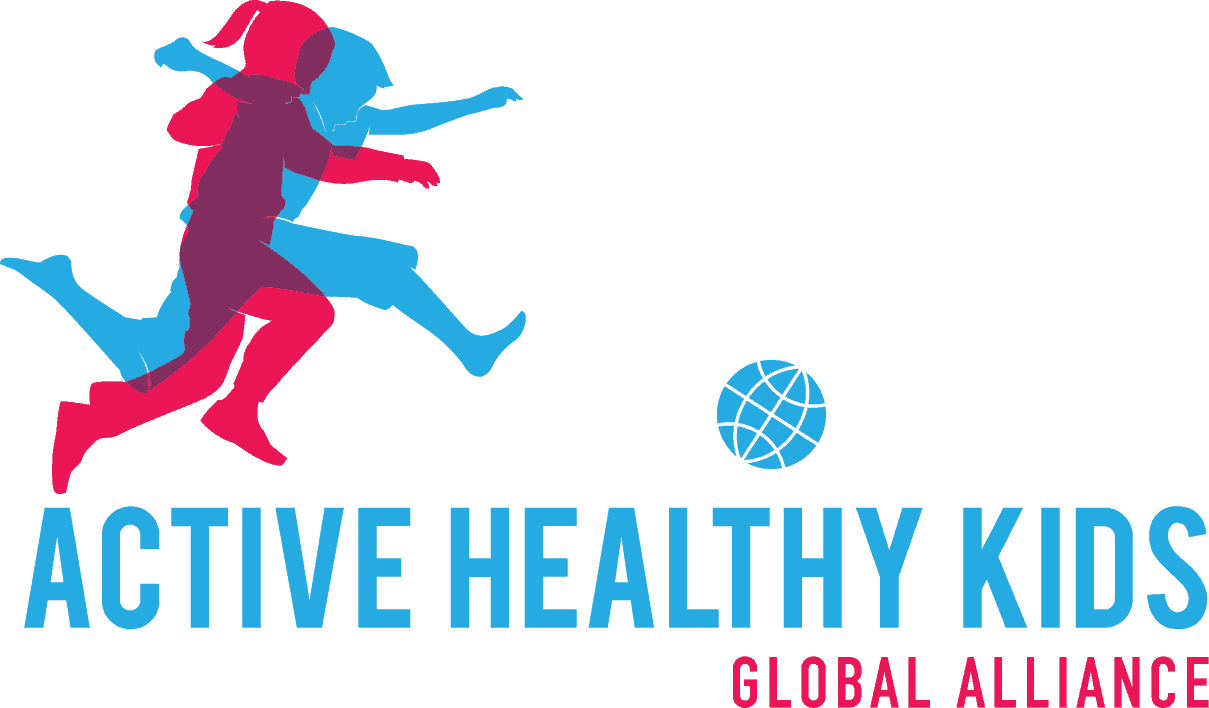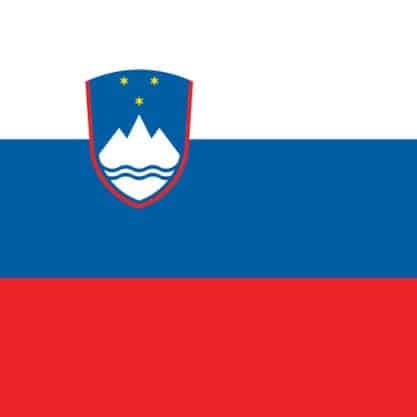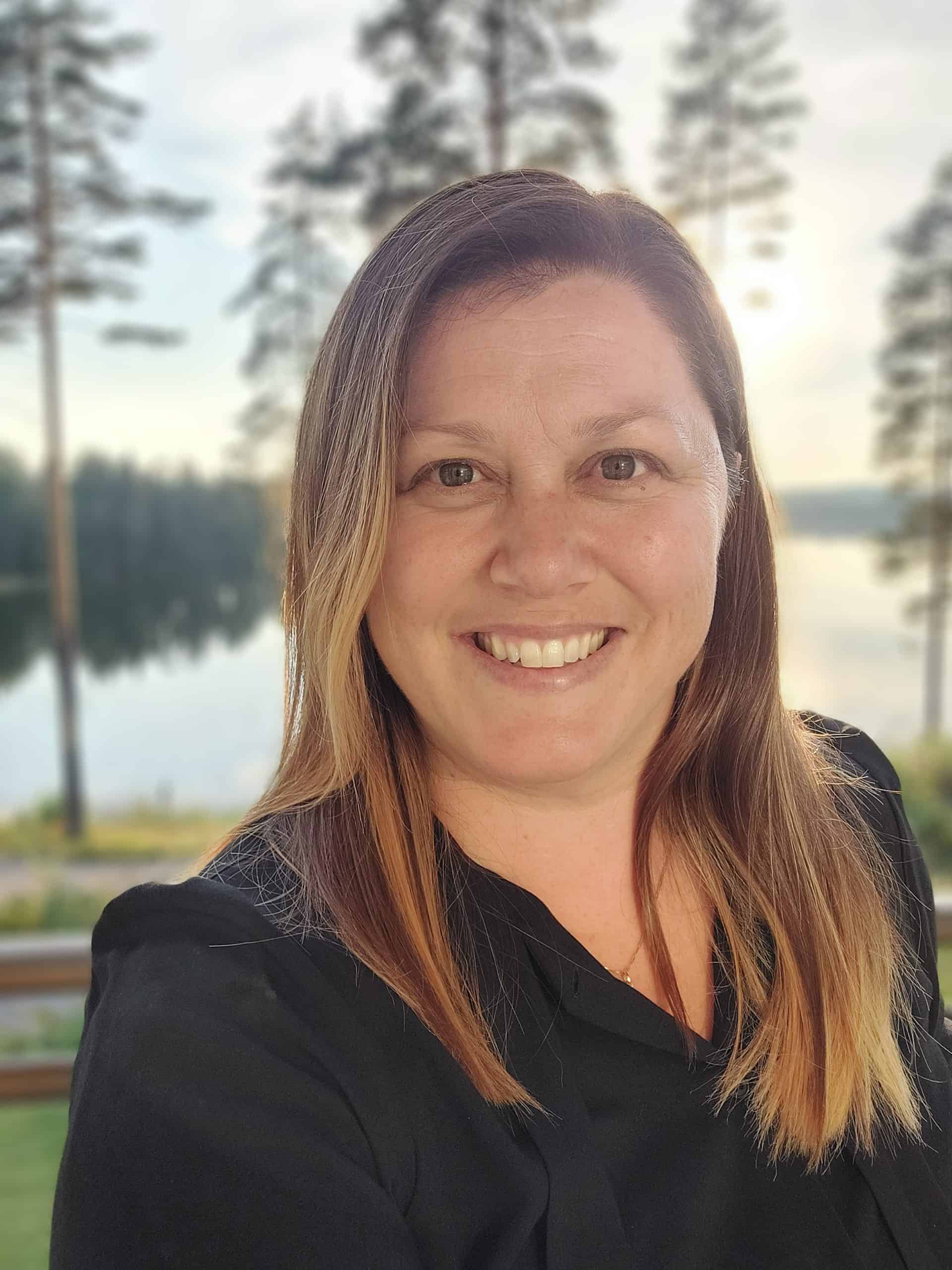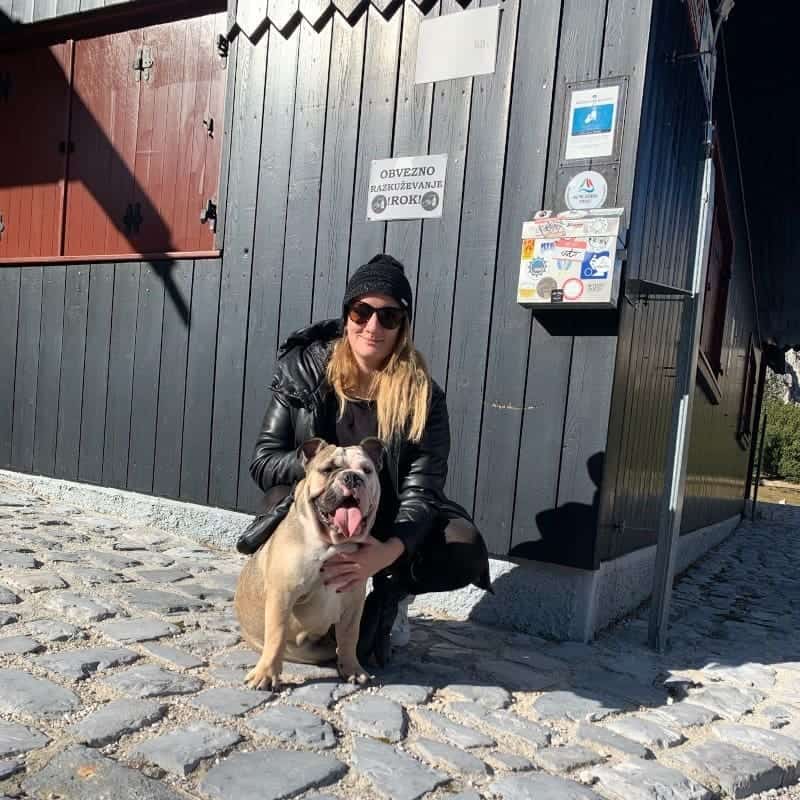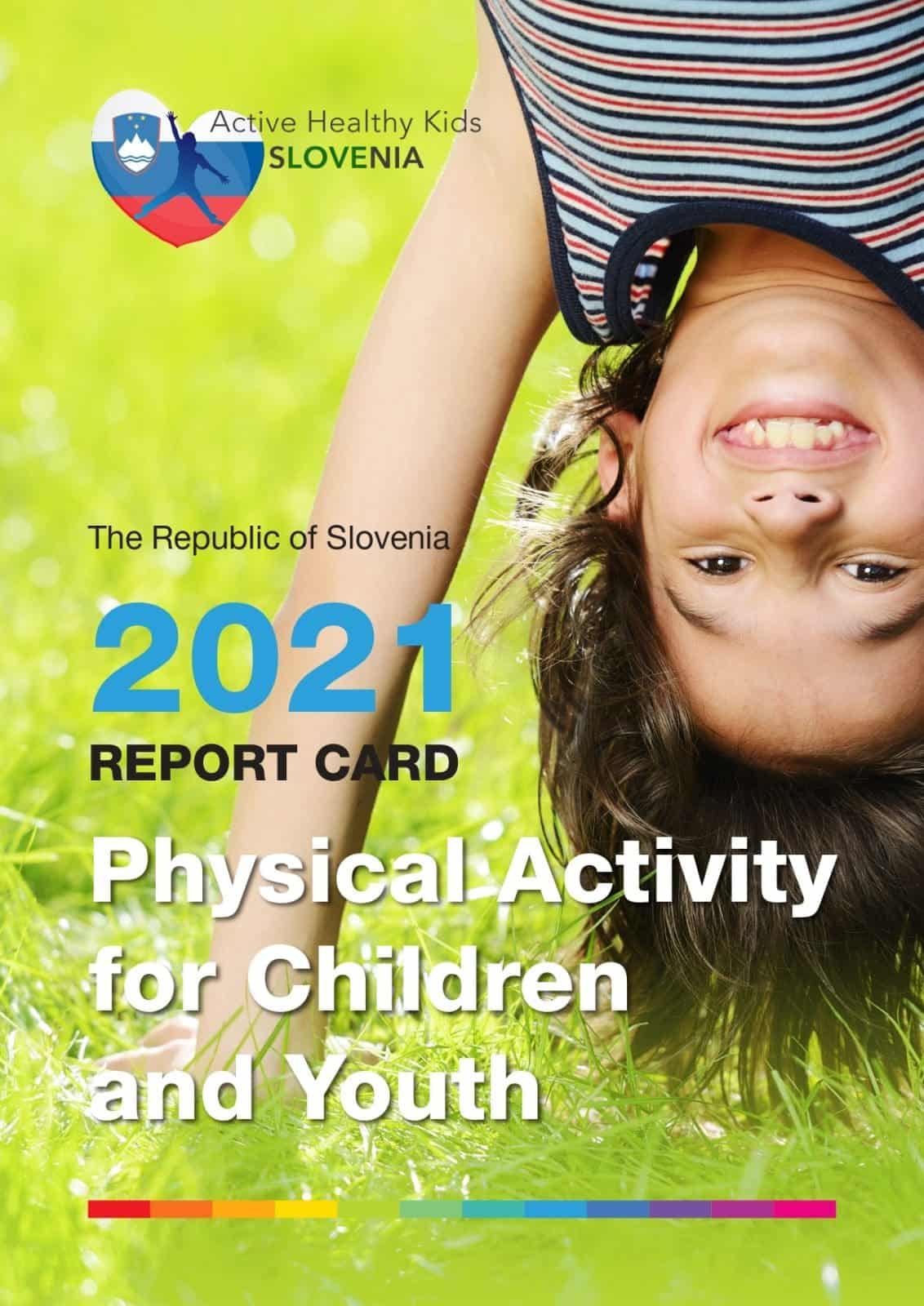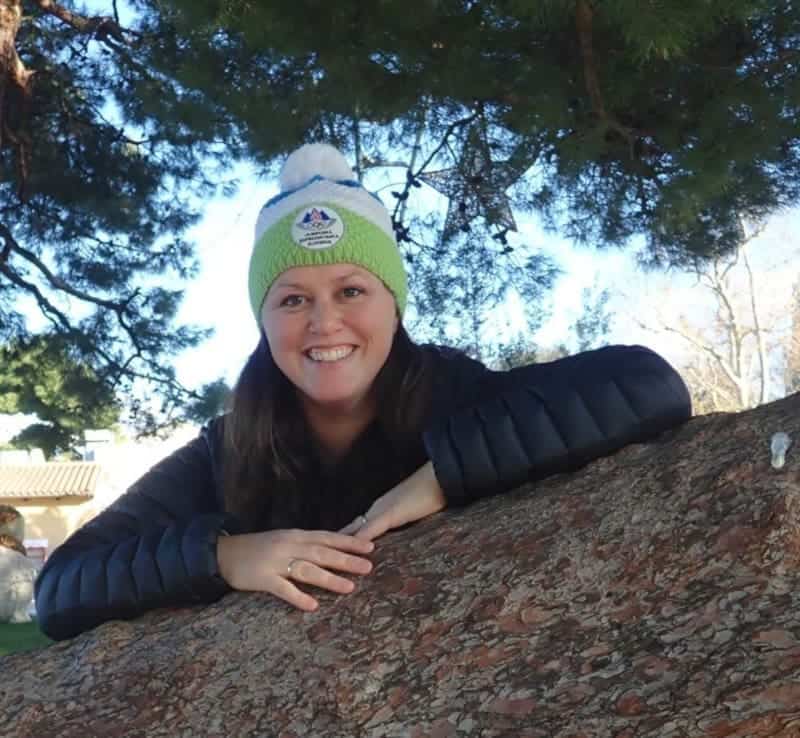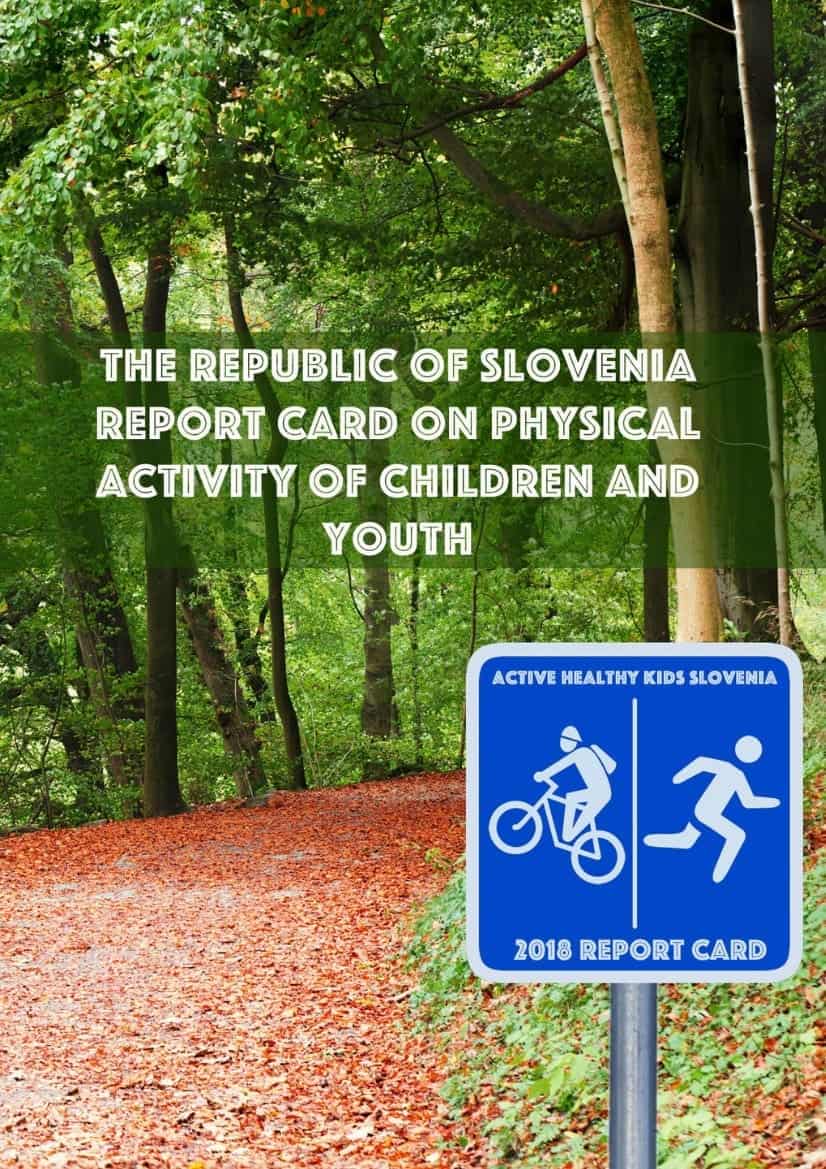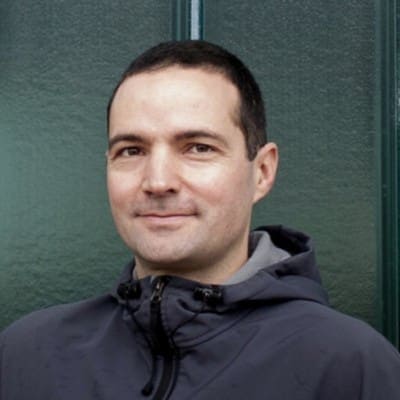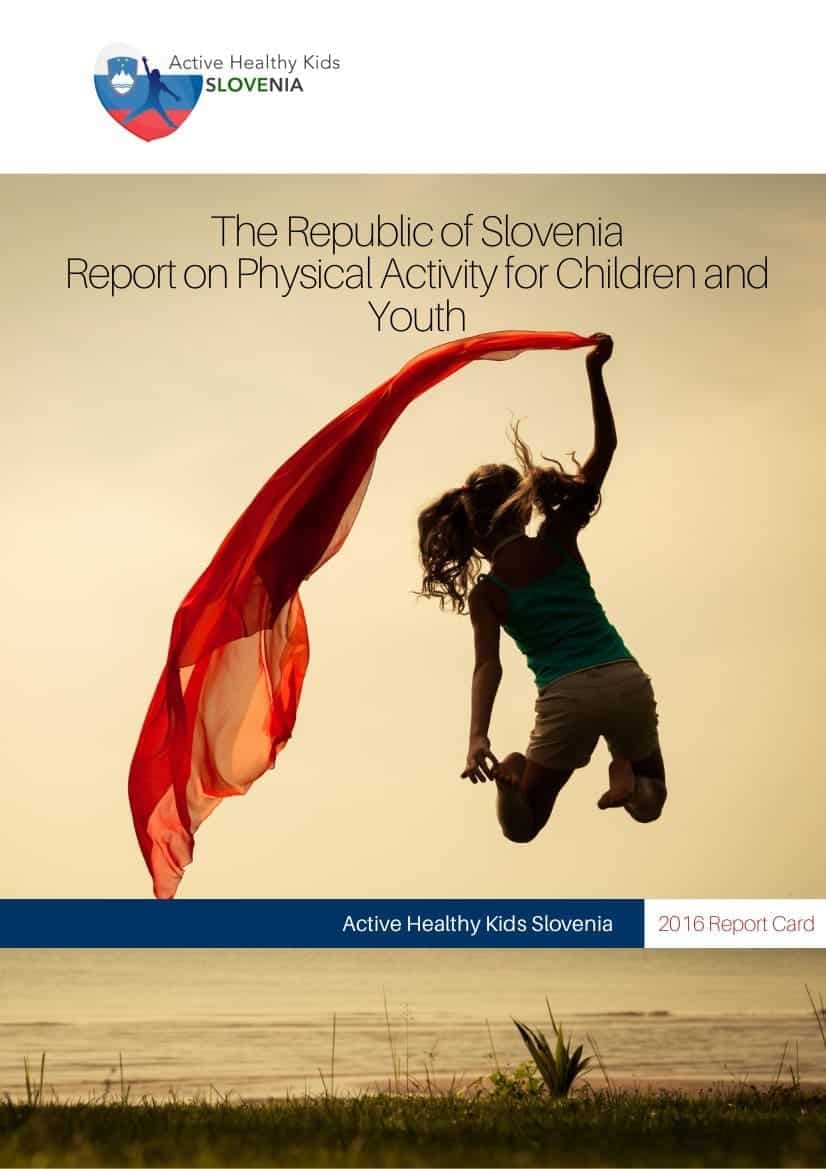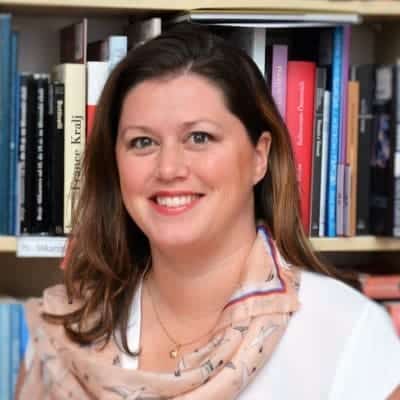
Report Card Leaders
Shawnda Morrison, PH.D.
Dr. Shawnda Morrison (PhD, CSEP-CEP) is a certified clinical exercise physiologist whose primary research interests encompass extreme environmental physiology, thermoregulation, and countermeasures to exertional heat strain. She recently served as Technical Lead at the Yong Loo Lin School of Medicine, National University of Singapore on a project called Cooling Singapore 2.0, an interdisciplinary initiative investigating how physical activity in hot, humid conditions impacts vulnerable populations like children and the elderly. Dr. Morrison is Principal Investigator or member representative for the Republic of Slovenia on several international initiatives aimed to get kids moving, including: WHO-HEPA Europe, Outdoor Play Canada, the FitBack Network, SLOfit, and the WHO-WMO Global Heat Health Information Network. She is Founder of Active Healthy Kids Slovenia, and Executive Board member of Active Healthy Kids Global Alliance as Chair of the Partnerships and Fundraising Committee.
Vedrana Sember, PH.D.
Dr. Vedrana Sember is an assistant professor and research associate at the University of Ljubljana, Faculty of Sport, Slovenia. She completed her PhD studies in 2017, investigating the links between child physical fitness, physical activity and academic performance from the University of Primorska. Dr. Sember has a passion for getting kids to move more. She was an elite swimmer in her youth, specialising in butterfly, and was a member of the Slovenian National Swim Team for 5 years, while completing her high school and undergraduate studies in kinesiology and education. After graduation, Vedrana worked as an elementary school teacher, specialising in Physical Education from 2012-2016 at Ivan Grohar Primary School Škofja Loka. Vedrana has been part of the Global Matrix since 2016, and was an integral member of the Active Healthy Kids Slovenia panel which launched the inaugural Report Card for Slovenia. She has presented the Report Card results for Slovenia at two previous launches, in Bangkok, Thailand, and Adelaide, Australia in 2018. As part of these efforts, Vedrana was awarded the “Best Poster” Award for the team’s efforts on the Global Matrix 3.0 Report Card. Vedrana is the proud owner of an English Bulldog named Bolt, who keeps her busy on fresh mountain treks along the Julian Alps every morning.
Report Card Grades
- Overall Physical Activity: A-
- Organized Sport and Physical Activity: C
- Active Play: C
- Active Transportation: C
- Sedentary Behavior: C+
- Physical Fitness: A
- Family and Peers: B+
- School: A
- Community and Environment: A+
- Government: D
Related Links
Media Impact
Report Card Leaders
Shawnda A. Morrison, Ph.D.
Dr. Morrison is a cardiovascular and environmental physiologist whose expertise lies in adaptive and integrative human physiology in extreme environments. Dr. Morrison has over 20 years’ international experience investigating sport performance and exercise physiology. She has managed complex, multi-national bedrest studies for the Canadian and European Space Agencies. These studies have described the combined effects of inactivity, hypoxia and artificial gravity on human vascular structure and function, sleep, behavioural thermoregulation, and other multi-system effects. Shawnda holds industry gold-standard certifications as a Certified Clinical Exercise Physiologist, with High Performance Specialisation (since 2001) and is a Somnologist, Expert in Sleep Medicine (since 2014). More recently, Shawnda has been the Report Card Leader for Slovenia for the Active Healthy Kids Global Matrix 2.0 and 3.0, and a founding member of Active Healthy Kids Slovenia (est. 2016).
Vedrana Sember, Ph.D.
Dr. Vedrana Sember is an assistant professor and research associate at the University of Ljubljana, Faculty of Sport, Slovenia. She completed her PhD studies in 2017, investigating the links between child physical fitness, physical activity and academic performance from the University of Primorska. Dr. Sember has a passion for getting kids to move more. She was an elite swimmer in her youth, specialising in butterfly, and was a member of the Slovenian National Swim Team for 5 years, while completing her high school and undergraduate studies in kinesiology and education. After graduation, Vedrana worked as an elementary school teacher, specialising in Physical Education from 2012-2016 at Ivan Grohar Primary School Škofja Loka. Vedrana has been part of the Global Matrix since 2016, and was an integral member of the Active Healthy Kids Slovenia panel which launched the inaugural Report Card for Slovenia. She has presented the Report Card results for Slovenia at two previous launches, in Bangkok, Thailand, and Adelaide, Australia in 2018. As part of these efforts, Vedrana was awarded the “Best Poster” Award for the team’s efforts on the Global Matrix 3.0 Report Card. Vedrana is the proud owner of an English Bulldog named Bolt, who keeps her busy on fresh mountain treks along the Julian Alps every morning.
Report Card Grades
- Overall Physical Activity: A-
- Organized Sport and Physical Activity: C+
- Active Play: D
- Active Transportation: C
- Sedentary Behavior: B+
- Physical Fitness: A-
- Family and Peers: B+
- School: A
- Community and Environment: B
- Government: A
Related Links
Top Three Priorities
- There is a need to increase children’s opportunities for active play. One of the factors that influence active play is children’s lack of time since a considerable part of their free time is allocated to homework. This can add up to an hour or two of additional sitting after school and limits children’s possibility for active outdoor play. One of the effective steps would be to implement a policy that prohibits homework during weekends and rigorously limits or entirely abolishes homework during schooldays.
- In order to limit possible inequalities in regard of opportunities for physical activity, the Ministry of Education, Science and Sport should improve the existing core curriculum to include one PE class every day in all schools. Currently, only one-fifth of the primary-school population has an opportunity for one PE lesson per day while in secondary schools only sport classes in gymnasiums provide 5 lessons of PE per week.
- A considerable share of children go to bed too late and do not meet the recommendations for sleep. A harmonised media campaign of the Ministry of health and the Ministry of Education, Science and Sport could raise parent’s awareness of the importance of sleep for long-term healthy development and everyday functioning. One of the possible solutions would be to introduce a few second advertisement at 20:00 to be played every day on all national broadcasted TV channels, asking the audience if children are in bed and informing them on the benefits of adequate sleep and risks of sleep deprivation.
Report Card Leaders
Shawnda A. Morrison, Ph.D.
Dr. Morrison is a cardiovascular and environmental physiologist whose expertise lies in adaptive and integrative human physiology in extreme environments. Dr. Morrison has over 20 years’ international experience investigating sport performance and exercise physiology. She has managed complex, multi-national bedrest studies for the Canadian and European Space Agencies. These studies have described the combined effects of inactivity, hypoxia and artificial gravity on human vascular structure and function, sleep, behavioural thermoregulation, and other multi-system effects. Shawnda holds industry gold-standard certifications as a Certified Clinical Exercise Physiologist, with High Performance Specialisation (since 2001) and is a Somnologist, Expert in Sleep Medicine (since 2014). More recently, Shawnda has been the Report Card Leader for Slovenia for the Active Healthy Kids Global Matrix 2.0 and 3.0, and a founding member of Active Healthy Kids Slovenia (est. 2016).
Gregor Starc, Ph.D.
Dr. Starc is Associate Professor at the University of Ljubljana, Faculty of Sport and the project manager of the SLOfit system. His research interests include Physical Fitness, Physical Activity, Motor Development, Didactics of PE and Physical Anthropology. He has published over 50 peer-reviewed articles and he has extensive experience in international research collaboration. He is an adviser to the WHO for their Children Obesity Surveillance Initiative group and was a temporary adviser to the WHO Heat for Walking group, which produced a tool for economic assessment of walking and cycling. He is also a member of NCD Risk collaboration. He has experience running national programs in the field of HEPA. Currently, he is the national project principle investigator for the projects STOP (H2020) and EU PALS (Erasmus+).
Conference Abstract: Movement to Move
Brief Introduction
The 2018 Report Card for Slovenia includes 11 physical activity (PA) indicators (Table 1) and is the second AHKGA report for Slovenia.
Methods
The main sources are the national study Analysis of Children’s Development in Slovenia (ACDSi 2013-16) and the SLOfit surveillance system (2010-17). Other sources include governmental reports, legislative documents, and web pages.
Results including Table of Grades
Over 80% of population between 6 and 19 are meeting the WHO PA guidelines and 75% of parents encourage them to be physically active. Approximately 60% of boys and 47% of girls are involved in organized sport participation but less than 1/3 play actively more than 2 hours per day. Almost 49% commute actively to school. Over 70% are meeting the screen-time recommendations of less than 2 hours daily. Schools in Slovenia provide equal opportunity for PA within regular PE classes and other school-based sporting activities. All municipalities are legally obliged to produce the annual programme of sport, to provide co-funding and cooperate with local sports organisations. The government strongly supports children’s PA and started introducing an experimental programme on 155 primary schools with the goal to introduce it in all primary schools after 3 years. Less than 40% of children are meeting the sleep guidelines while insufficient physical fitness is diagnosed only in 11.8% of boys and 9.9% of girls.
Table 1: Grades for Slovenia’s 2018 Report Card
| Indicator | Grade |
| Overall PA | A- |
| Organized Sport & PA Participation | C+ |
| Active Play | D |
| Active Transportation | C |
| Sedentary Behaviours | B+ |
| Family and Peers | B+ |
| School | A |
| Community and Environment | B |
| Government | A |
| Sleep | D |
| Physical Fitness | A- |
Conclusions / recommendations
The encouraging results signal that in Slovenia we have developed effective solutions strongly rooted in the educational system to address the growing risk of physical inactivity.
Report Card Grades
- Overall Physical Activity: A-
- Organized Sport Participation: B-
- Active Play: D
- Active Transportation: C
- Sedentary Behaviors: B+
- Family and Peers: INC
- School: A
- Community and Built Environment: INC
- Government Strategies and Investments: B+
Related Links
Report Card Leader
Shawnda A. Morrison, Ph.D.
Dr. Morrison is an Assistant Professor in Applied Kinesiology at the University of Primorska and a Research Scientist at the Institute of Clinical Neurophysiology, University Clinical Centre Ljubljana. She is a CSEP Certified Exercise Physiologist and certified Expert in Sleep Medicine from the European Sleep Research Society. Her research focuses on the effects of extreme environments on human performance, including how hyperthermia, cold stress, low-gravity, and/or hypoxia may affect sleep, blood flow to the brain, and exercise performance. Dr. Morrison is published in many high-impact journals including: Age, Journal of Physiology, Respirology, and Medicine and Science in Sport and Exercise. Her research has been sponsored by the Michael Smith Foundation for Health Research, Otago Medical Research Foundation (New Zealand), Gatorade Sport Science Institute, and the Natural Sciences and Engineering Research Council of Canada. Dr. Morrison is excited to be involved in this important global initiative, and also for the opportunity to collaborate with Dr. Gregor Starc and colleagues from the Faculty of Sport, University of Ljubljana. Together, they are looking forward to highlighting the need for continued accurate, annual physical activity assessments in Slovenian schoolchildren.
Conference Abstract: 6th International Congress on Physical Activity and Public Health
Results from the Republic of Slovenia 2016 Report Card on Physical Activity for Children and Youth
Sember V, Starc G, Jurak G, Golobic M, Kovac M, Pavletic Samardzija P, Morrison SA.
Background: The 2016 Slovenia Report Card is the first consolidated assessment of PA in children and youth for the country which follows the Active Healthy Kids Global Alliance grading system. The purpose of the present article is to summarise the results of the Republic of Slovenia’s first annual Report Card, and to communicate these findings to a wider international community. A second motivation is to identify areas of research that are currently lacking or underdeveloped in Slovenia, and to determine how PA opportunities may be improved for children and youth across the country. Methods: Nine physical activity indicators were graded by Slovenian’s Working Group, using data compiled from national databases, research findings published in peer-review journals, and government initiatives which have been monitoring physical fitness standards in schools for the past 34 years (SLOfit and ACDSi) following the suggestions of the Active Healthy Kids Global Alliance International Template, and modelled on similar international cards, in particular, the Canadian Report Card released by Active Healthy Kids Canada. Results: Grades (A-highest, F-lowest) for Slovenia: Overall physical activity (A-), Organised sport participation (B-), Active play (D), Active transportation (C), Sedentary behaviours (B+), Family and peers (INC- incomplete), Schools (A), Community and the built environment (INC), and Government (B+). Conclusions:This inclusive PA report indicates that overall physical activity minutes remain high in Slovenian children and youth, however more research is needed to determine the effects of family life, peer influences, and the built environment on active play behaviours.
